
The School of Interdisciplinary Research and Graduate Studies (SIRGS), under the College of Graduate Studies (CGS), successfully hosted the third Indigenous Epistemologies Seminar Series focusing on harvesting indigenous knowledge epistemologies to promote the African heritage.
The seminar has contributed a much-needed insight and perspective to research at Unisa and promoting African heritage. This flagship event forms part of the celebration of Heritage Month, which promotes indigenous epistemologies and allows Unisa students and lecturers to attain epistemic freedom that supports sustainable development. The theme was addressed through different topics that had the audience riveted. Each scholar offered professional presentations that interrogated and dissected the theme, providing in-depth knowledge about the issues. In addition, the ten scholars allowed engagements, which provided skills transfer opportunities among delegates and knowledge sharing between all parties.
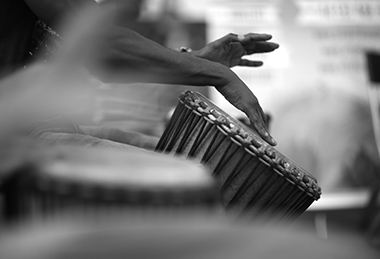
Prof Ziphora Moichela presented the third seminar with insight into "Afrikology: A universal emancipatory epistemology of hope". She mentioned that, as Africans, we need to take an African perspective as an analytical lens that may promote an understanding of the continent's issues. Through the topic "Contributing to a relational heritage with indigenous knowledge principles", Prof Louis Botha highlighted colonisation as the repression of epistemic expression and encouraged using cultural-historical activity theory as a theoretical framework to deal with threats to our heritage.
Prof Amos Saurombe presented "Legal principles and related law that safeguard indigenous knowledge systems". He shared the legal principles that can protect indigenous knowledge. Saurombe encouraged partnerships with communities through engaged scholarship. Prof Nosisi Feza presented "Human beings as part of the ecosystems, a holistic approach to knowledge creation", in which she discussed how indigenous knowledge grounds itself in inclusivity. Feza recommended the need for epistemologies that seek to dismantle structures. Prof Nceba Gqaleni gave a rigorous presentation on "African traditional medicine is our pride and heritage: exploring its deep philosophical underpinnings". He illustrated how colonialism stigmatised traditional African ways of living. Gqaleni further argued that traditional medicine is one of the disciplines of the IKS and that traditional healers are known custodians of the African culture.
Unisa Press presented the publishing process and platforms for indigenous epistemologies, with two authors sharing their publishing experience with Unisa Press. Prof Norma Romm presented "An indigenous paradigm for the practice of research: Credentialising this in the academy" and facilitated a research training workshop on the indigenous research paradigm. Prof Nontyatyambo Pearl Dastile ended the Epistemologies Indigenous Seminar Series with the topic, "Dismantling power structures that keep us from being our authentic selves", in which she highlighted a need to produce knowledge that is understood by our communities.
Inspired by the response and participation of delegates, the CGS looks forward to hosting the fourth series of indigenous knowledge epistemologies.
* By Hanli Wolhuter, Communication and Marketing Specialist and Musa Buthelezi, Intern, College of Graduate Studies
Publish date: 2023/02/10
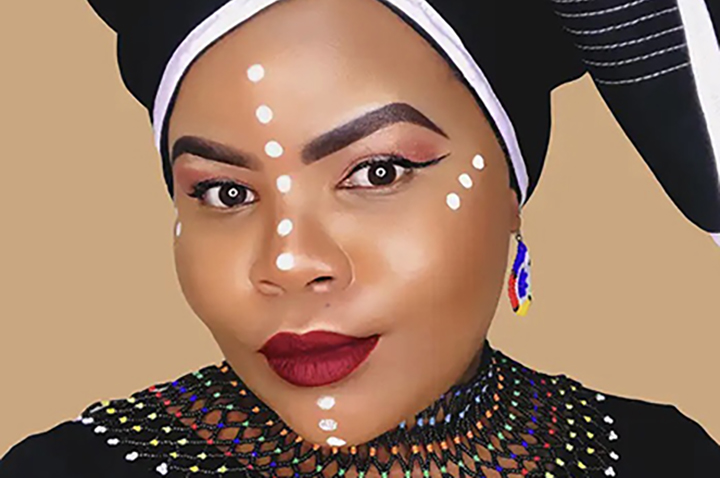 Unisa empowers award-winning agro-cosmetics entrepreneur
Unisa empowers award-winning agro-cosmetics entrepreneur
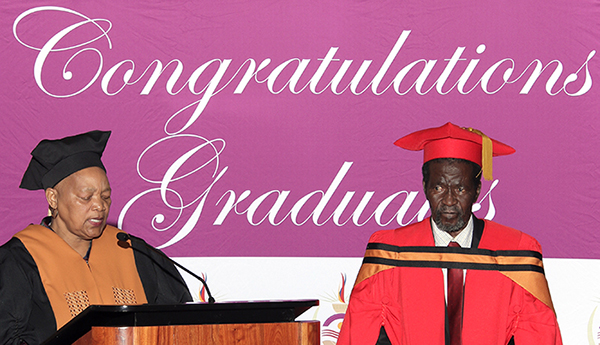 Unisa initiative offers early-career academics "a stepping stone towards greatness"
Unisa initiative offers early-career academics "a stepping stone towards greatness"
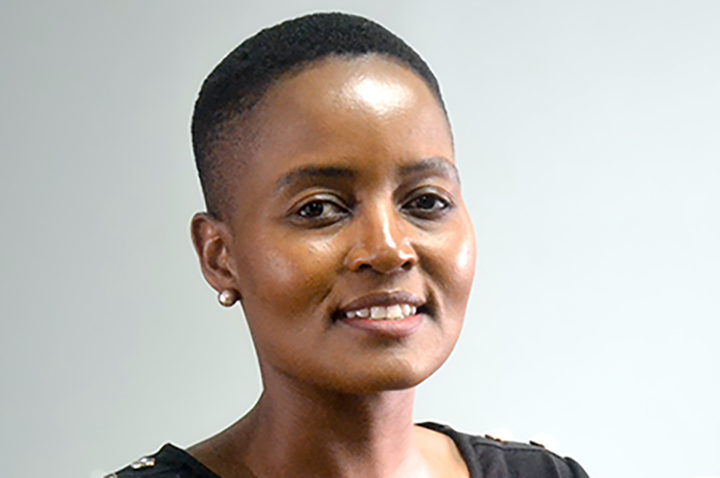 Seasoned meteorologist joins Unisa
Seasoned meteorologist joins Unisa
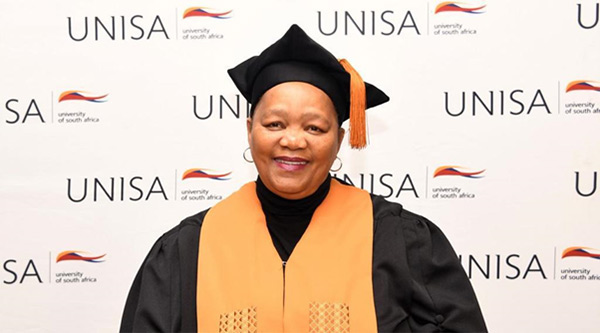 Unisa celebrates the 2023 and 2024 Hiddingh-Currie Award winners
Unisa celebrates the 2023 and 2024 Hiddingh-Currie Award winners
 Unisa celebrates a project of hope, dignity and student success
Unisa celebrates a project of hope, dignity and student success